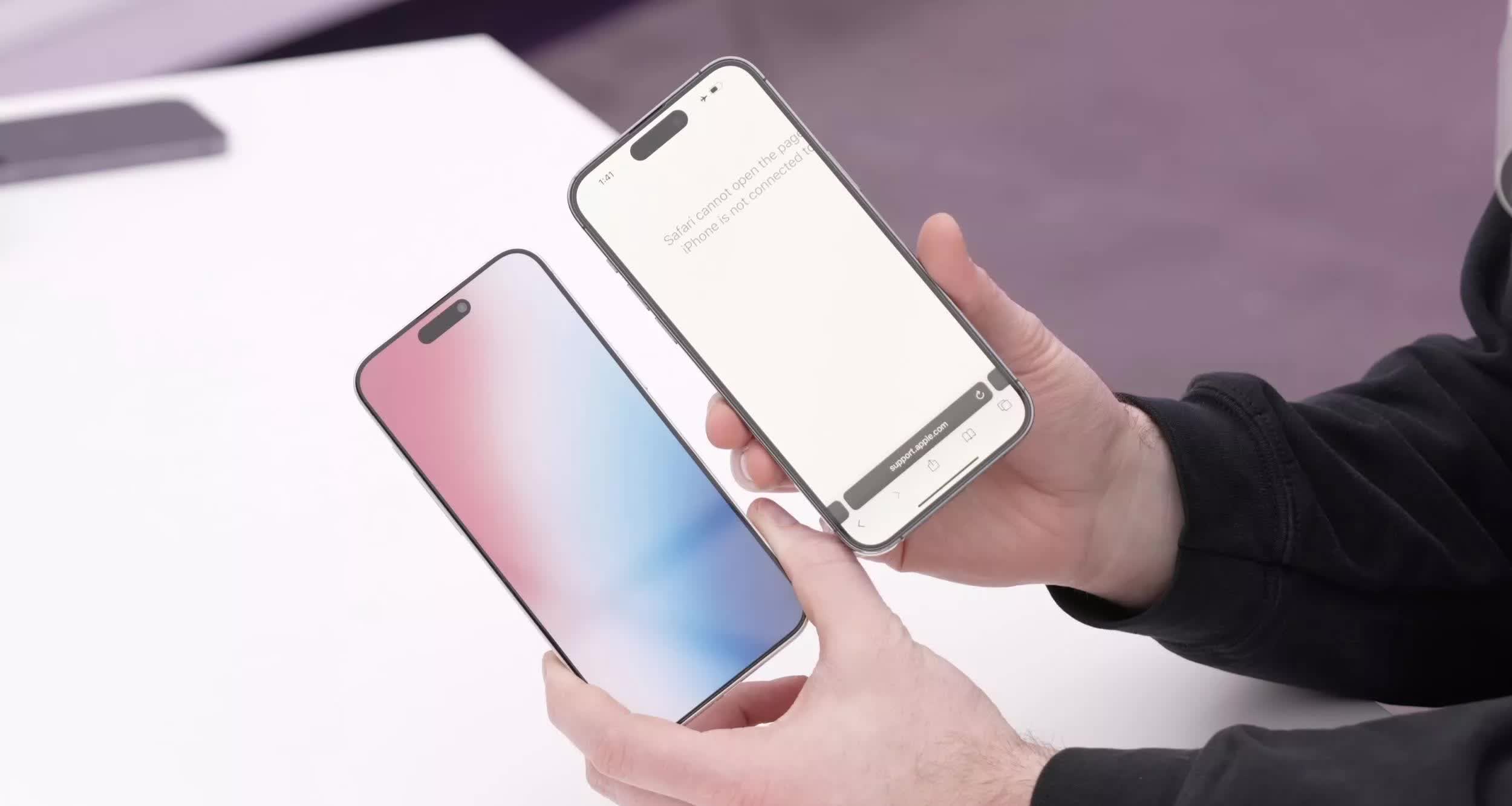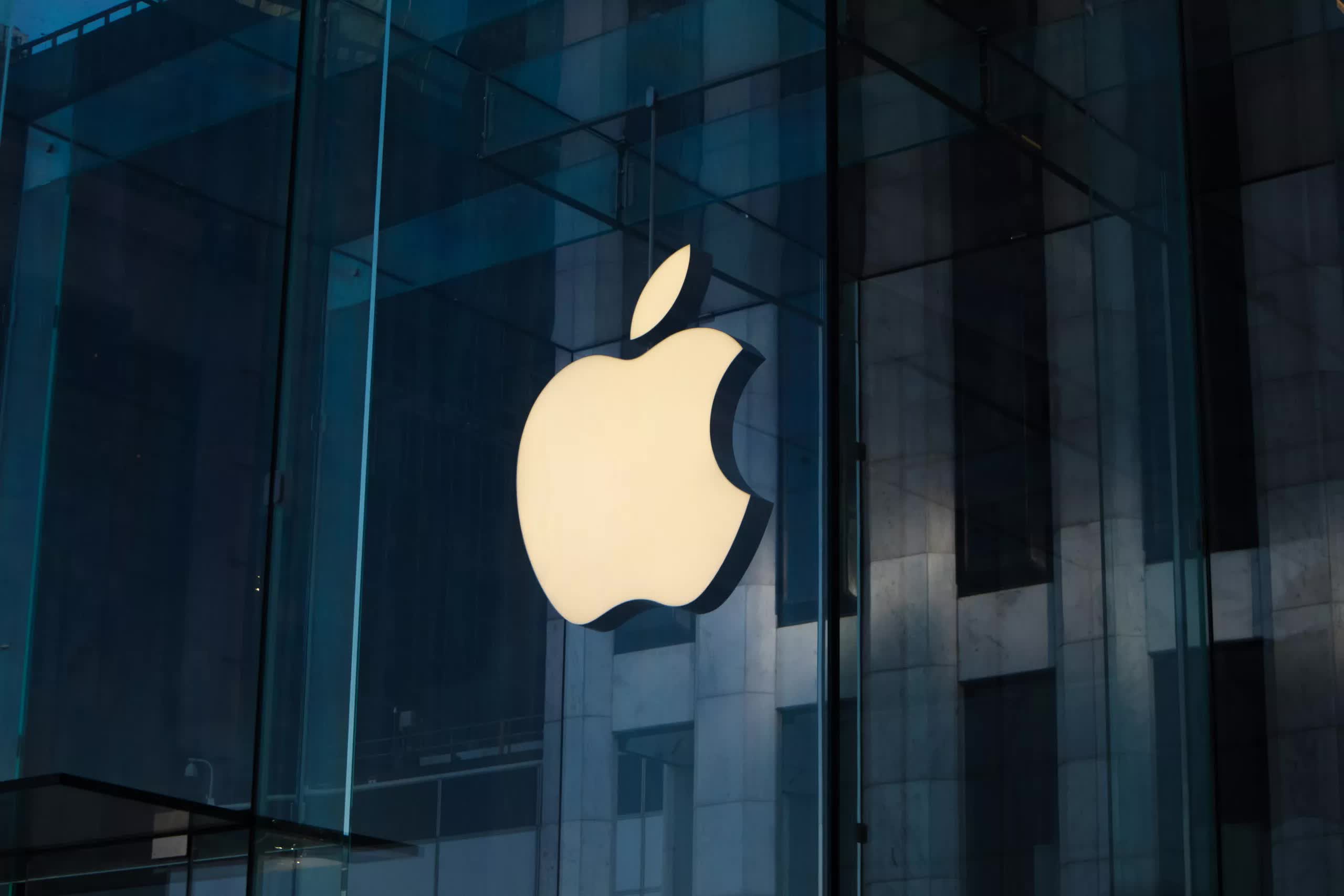What just happened? Apple is facing escalating legal challenges as four more U.S. states have thrown their weight behind the federal government's antitrust lawsuit alleging monopolistic practices in the smartphone market. Indiana, Massachusetts, Nevada, and Washington officially joined the Justice Department's civil case against Apple this week, according to a statement from the agency.

The original complaint filed in March was by 15 states and the District of Columbia. The lawsuit had accused the iPhone maker of wielding its dominance to extract higher profits from consumers, developers, content creators, and businesses across its ecosystem. Specifically, it claimed iPhones sell for as much as $1,599 and that Apple's profit margins dwarf those of rivals. The goal is to break Apple's grip and "restore competition" that it argues would lower prices and spur innovation.
The department also cited five examples where Apple imposes restrictive contracts and blocks critical access in ways that illegally suppress competition and innovation. These example areas included super apps, cloud stream games, messaging apps, smartwatches, and digital wallets. Prosecutors say these monopolistic tactics allow Apple to charge exorbitant prices for iPhones while gouging partners with hidden fees.
Even an email from late founder Steve Jobs surfaced in the lawsuit, stating he aimed to "force" developers to use Apple's payment systems to lock them and users into its ecosystem.

For its part, Apple has forcefully rejected the monopoly allegations, claiming it "faces fierce competition from well-established rivals." The company also claimed that the DOJ relies on a new "theory of antitrust liability that no court has recognized."
This antitrust battle represents a dramatic escalation of the tech industry's conflicts with regulators and competitors over alleged anticompetitive behavior. While Apple has already faced probes and orders in places like Europe over issues such as App Store policies, this US lawsuit strikes at the core of its business model.
Apple isn't the only company facing antitrust cases; US authorities have turned up the heat on Big Tech after leaving it largely to itself for over a decade. Google and Amazon are also facing increased scrutiny.
The last time Washington acted with such ferocity was in the early 90s with the infamous United States v. Microsoft Corp. case, which was settled in the early 2000s.
Meanwhile, Apple finds itself squarely in the crosshairs partly due to the longheld concerns over its "walled garden" approach of tightly controlling its devices and platforms.
No respite for Apple as four more states join lawsuit over alleged smartphone monopoly